AKTW 2024 Innovation Challenge
This challenge seeks to harness the ingenuity of tech enthusiasts, developers, and innovators to develop digital solutions to pressing challenges facing Akwa Ibom State across various sectors of the economy.
This challenge seeks to harness the ingenuity of tech enthusiasts, developers, and innovators to develop digital solutions to pressing challenges facing Akwa Ibom State across various sectors of the economy.
About The
The Akwa Ibom Tech Week is an annual event aimed at fostering innovation, technology adoption, and digital transformation within the state. As part of the 2024 edition, we are organizing a Hackathon centered around the theme “Building a Resilient Innovation Ecosystem”. The Hackathon seeks to harness the ingenuity of tech enthusiasts, developers, and innovators to develop digital solutions to pressing challenges facing Akwa Ibom State across various sectors of the economy.
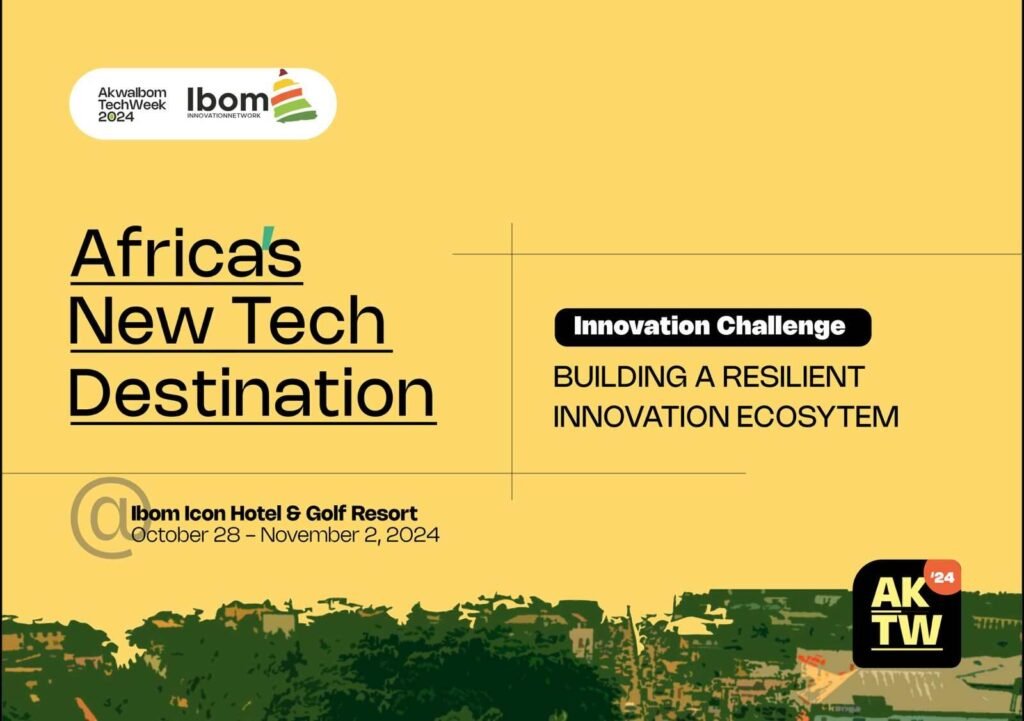
Air travel is a vital mode of transportation, connecting people across distances, but passengers with limited mobility, particularly wheelchair users, often encounter significant obstacles when boarding smaller aircraft, such as the CRJ 900. These aircraft typically feature narrow steps, making the boarding process uncomfortable, undignified, and sometimes even unsafe for passengers with mobility challenges. Current methods—often involving manual lifting by ground staff—are inefficient and can be disempowering, affecting the travel experience of wheelchair users.
This challenge invites innovators to develop solutions that improve accessibility for wheelchair users boarding small aircraft, especially those with narrow steps. The goal is to rethink the boarding process, prioritizing safety, dignity, and efficiency.
Participants can explore areas such as:Design a mobility solution that helps wheelchair-bound passengers board aircraft such as the CRJ 900, addressing challenges like narrow steps.
Key criteria include:
Deliverables:
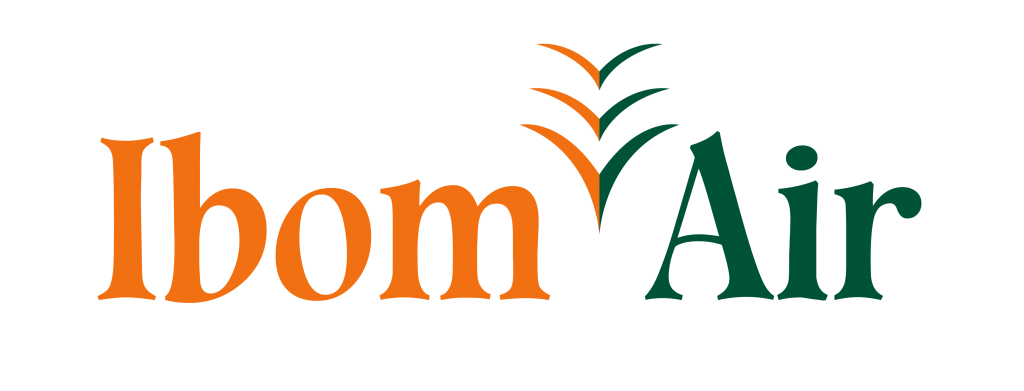
Nigeria’s energy transition faces significant challenges, including inefficient power usage, reliance on fossil fuels, and limited adoption of clean technologies. Smart energy solutions like smart sockets could optimize consumption, reducing wastage, but adoption remains low. There’s also a need for breakthroughs in advanced energy materials to better harness renewable resources. The country’s heavy dependence on fossil fuels in transport demands e-mobility innovation, while its vast agricultural resources are underutilized for biofuel production. The Energy Transition Innovation Challenge seeks to drive sustainable solutions in these areas, addressing energy inefficiency, pollution, and fostering economic growth.
The energy transition presents a vast opportunity for Nigeria to leapfrog traditional energy systems by embracing innovative technologies. Smart sockets can revolutionize energy efficiency in homes and businesses, reducing wastage and cutting costs. Advancements in energy materials could unlock Nigeria’s renewable potential, enabling more effective use of solar, wind, and biomass resources. The shift to e-mobility offers a sustainable alternative to fossil-fuel-driven transport, reducing pollution and creating green jobs. Furthermore, scaling up biofuel production from Nigeria’s agricultural resources can drive rural development, create sustainable energy sources, and reduce the country’s dependence on fossil fuels.
The identified challenge is Nigeria’s struggle to transition from inefficient, fossil fuel-dependent energy systems to sustainable, modern alternatives. The country faces significant energy inefficiencies, with outdated infrastructure leading to chronic power shortages and wasteful consumption. Moreover, reliance on conventional energy materials and fossil fuels in transportation contributes to pollution and high greenhouse gas emissions. Innovation is needed in four key areas: smart sockets to optimize energy usage, advanced energy materials for renewable energy solutions, e-mobility to reduce fossil fuel reliance in transport, and biofuel production to harness Nigeria’s vast agricultural resources for clean energy.
Akwa Ibom is a state with the majority of the revenue coming in from the oil and gas. It is essential for the local manufacturing industry to be stimulated, and for local, globally relevant hardware to be built locally.
There is a need for young researchers to develop home-grown solutions where the IP and the manufacturing lies in local hands. This hardware needs to solve locally relevant problems.
With local manufacturing growing, particularly in globally needed areas, Akwa Ibom will be able to compete on the global stage, and become a net exporter of manufactured goods.
Just like China has been able to develop a local manufacturing base, so can Akwa Ibom do the same. This brings in a lot of new revenue, gives jobs to people, and promotes the development of a local innovation eco-system
This challenge, sponsored by the Victoria Ekanem Memorial, invites local hubs to come up with creative, innovative hardware solutions that can be deployed to solve global problems. The solutions should be scalable, have commercial viability, and should potentially lead to investable companies.
The solutions should address a local problem, and focus on solutions that can also be built locally. There should be a significant innovation portion of the solution. There should be a clear pathway to commercial viability.
Constraints:
Deliverables
The winning school will win a cash prize of N1,000,000.


Accurate population data is essential for making informed, data-driven decisions that impact public policy, resource allocation, infrastructure development, and social services. Traditional census methods in Nigeria often require substantial financial resources and extended timeframes. This challenge seeks innovative, efficient, and low-cost methods to conduct a population count in Akwa Ibom State, leveraging technology and creative approaches to deliver accurate results with minimal resources. Participants are invited to propose methods that minimise cost, ensure accuracy, and provide real-time data, enabling more efficient and scalable solutions for population management and data-driven decision-making.
There is an opportunity to innovatively improve population census with any of the following possible solution areas and recommendations:
Design a scalable, low-cost population counting system that ensures accuracy, is easy to deploy across urban and rural areas, and can be implemented within a short time frame. The solution should be suitable for Akwa Ibom’s unique geography and socio-economic environment.
The solution should be:
Expected Deliverables:
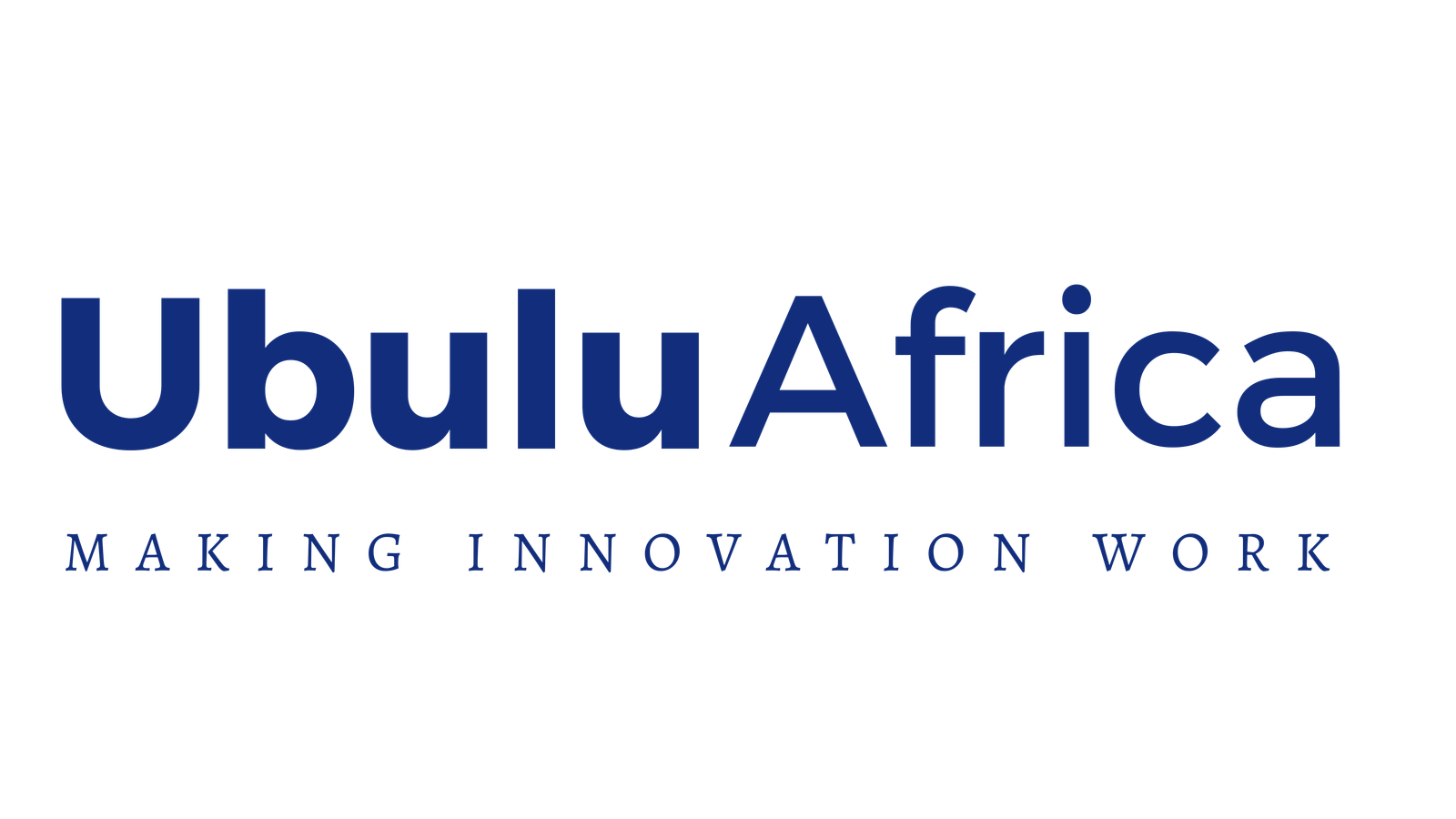
Tourists to Akwa Ibom State normally face the challenge of lack of tourism information and inability to know and keep track of programmes and activities of interest. They also currently do not have a way of being notified if there is a change or delay in programmes. This brings about bad experiences, wastes time and causes stress.
With the increase in broadband penetration and high interest of people visiting Akwa Ibom State, there is a need to make tourism information available and also ensure tourists stay updated to activities of interest without missing out on anything.
Design and develop an AI powered tourism solution that will enable tourists to stay updated on tourism activities from the day they arrive at the city, they should be prompted for activities for them to subscribe to be guided throughout their stay.
Team Requirements:
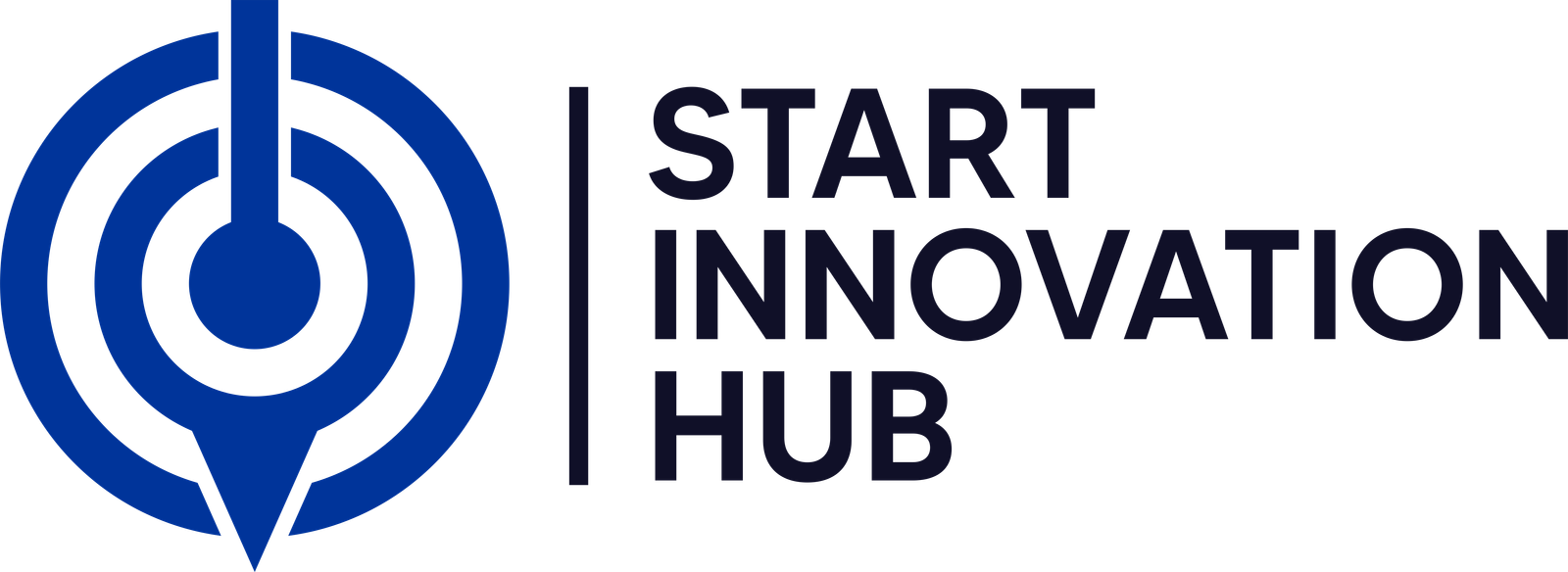

Agricultural activities in Akwa Ibom State produce large amounts of waste, such as crop palm kernel shells, rice husks, cassava peels, yam peels, plantain peels, corn cobs, cocoa pod husks, and other by-products. Unfortunately, much of this waste is often discarded or left to decompose, contributing to environmental pollution and missing out on potential value. Many farmers and agribusinesses don’t have the knowledge, infrastructure, or technology needed to convert this waste into useful products, leading to lost opportunities in the agricultural value chain.
This challenge aims to find innovative ways to turn this waste into valuable products, creating a circular economy that benefits farmers, businesses, and the environment. Whether it’s bioenergy, animal feed, organic fertilizers, or bioplastics, there’s a chance to make Akwa Ibom’s agriculture more sustainable and profitable.
This challenge offers a chance to support a circular economy, reduce waste, create jobs, and promote food security in Akwa Ibom State. Potential areas for innovation include:
Digital Platforms: Building technology solutions that allow farmers to track waste conversion, share best practices, and collaborate on waste management.
Design a comprehensive waste-to-value solution that engages 100 farms in Akwa Ibom State, converting at least 50% of their agricultural waste into usable products. The solution should demonstrate measurable environmental benefits and offer scalable, cost-effective methods for waste conversion.
Key Requirements:
Deliverables:
Submit a PDF (max 10 pages) and the demo video.
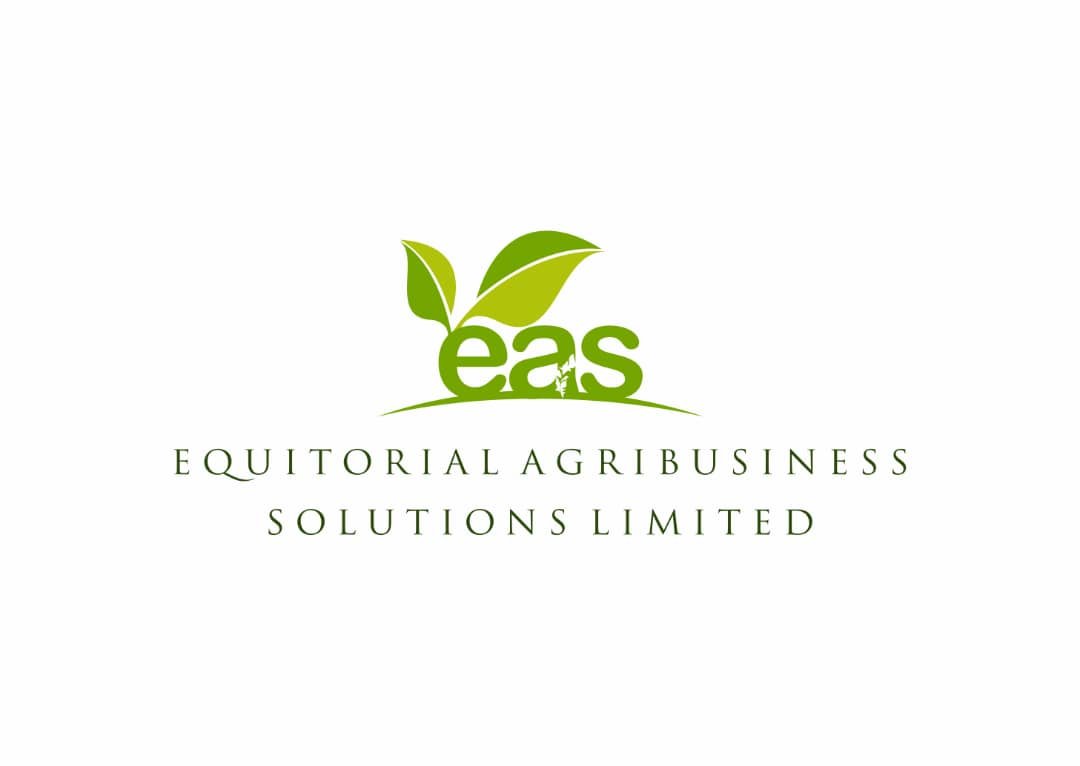
Akwa Ibom, like many states in the Niger-Delta, has a lot of small-holder farmers. These are farmers that work on small fields, by themselves and their families, and they both feed and earn from these farms.
A lot of the farming has been done in traditional ways, with little recourse to modern technologies or methods. Both the tools in use, the techniques in use are traditional.
With the rise of urban areas, many younger people are moving to the towns and abandoning the rural areas. This means that elderly people are often working large plots of land, and can only do so very inefficiently. Because of this, many plots of land lie fallow and unworked, reducing available food.
If technologies are developed that help elderly, small scale farmers who live in the village to farm efficiently, they can farm larger plots, have more produce and live far better lives. There will be more food available in the state, and this will revive the rural areas. Younger people using such technologies can also farm far larger plots with less physical exertion. This will attract a new demographic to go into farming, leading to new revenue sources for the young.
This challenge invites young innovators in secondary schools to come up with practical solutions that help the elderly work their farms more efficiently.
The challenge comes in two parts:
Constraints:
Deliverables

